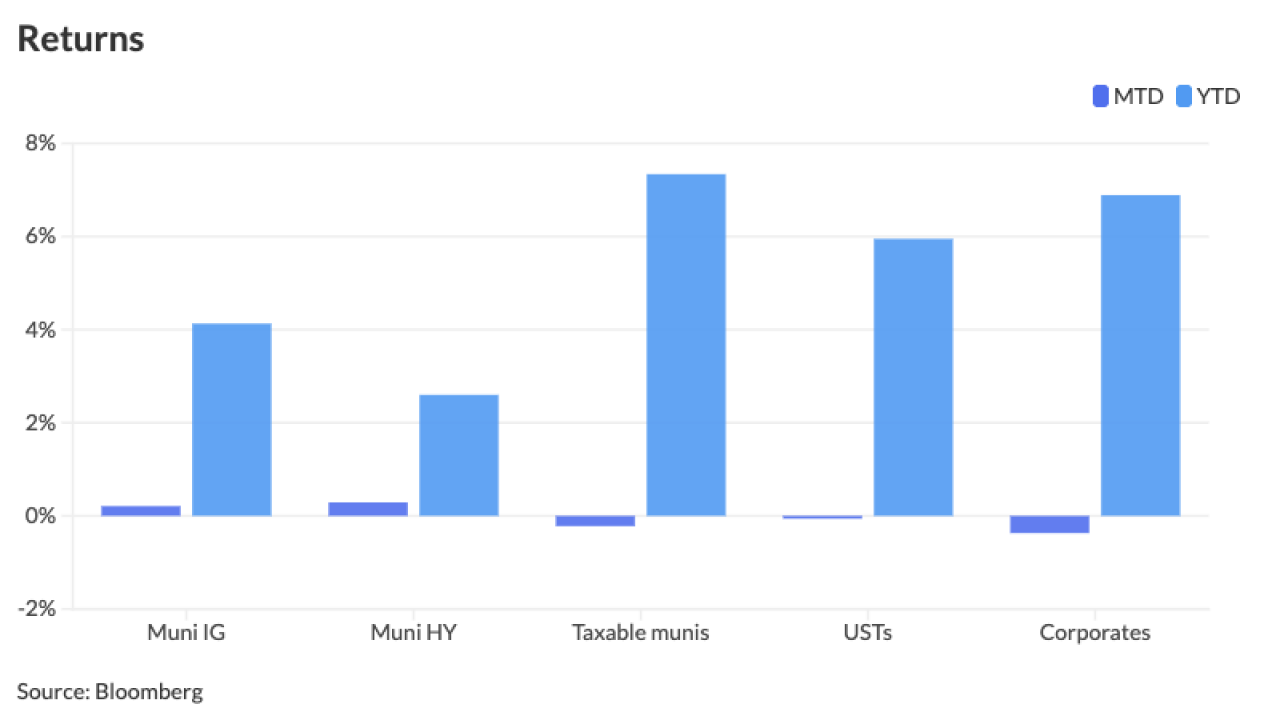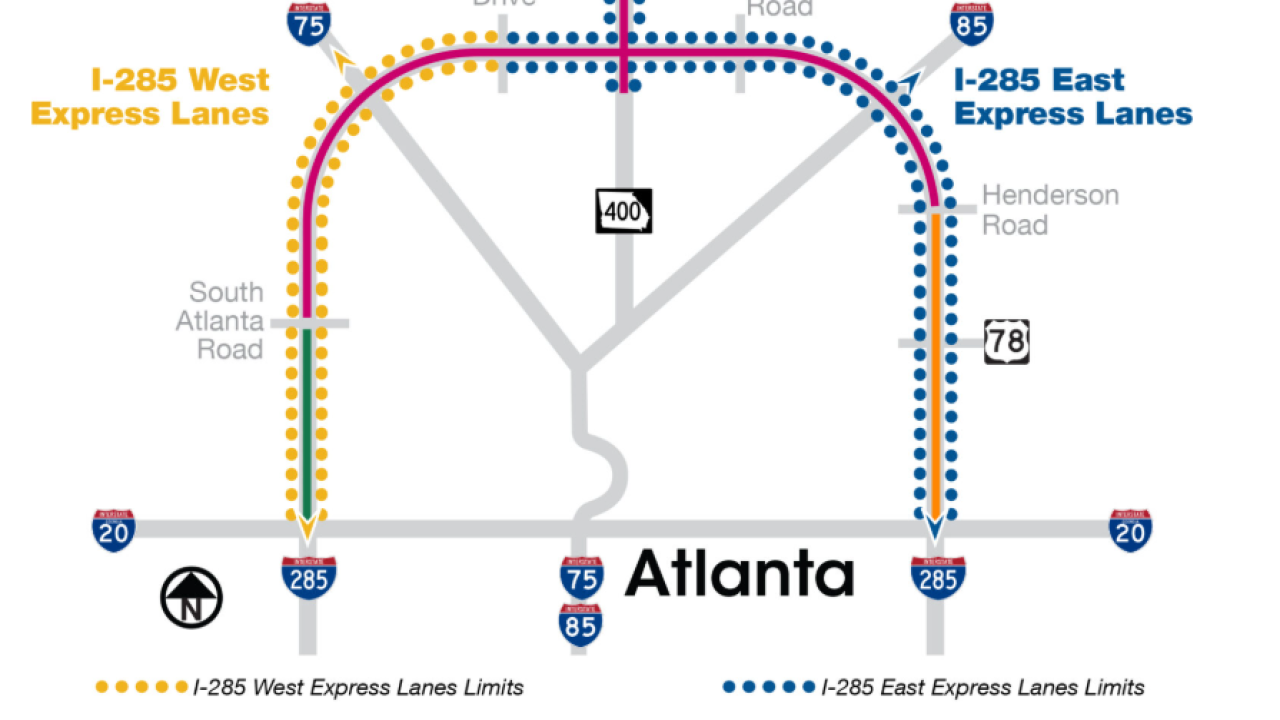
After watching Pennsylvania take more than four months to pass a structurally imbalanced budget, S&P Global Ratings lowered the outlook to stable from positive on its A-plus rating of the commonwealth.
The rating agency saw more cause for uncertainty than for optimism when it surveyed the painful budget process and the budget itself.
"Pennsylvania's recent five-month budget impasse hindered the ability for state agencies to fully carry out services, pay vendors, and distribute commonwealth funding to local governments and school districts," S&P analyst Geoff Buswick wrote in Friday's report on the outlook change, "and inhibited the ability to nimbly respond to external pressures caused by changing federal policy and an expected economic slowdown."
A big factor in the outlook change was structural imbalance in
When S&P
"It was a general fund surplus, which is a real surplus, and we expect states to use it. And we thought they would be curtailing that use over time," Buswick said. "And when this budget was finally adopted, it was actually greater usage of this one time source for the recurring revenue than happened the year before."
Pennsylvania is rated Aa2 by Moody's Ratings and AA by Fitch Ratings.
S&P's A-plus rating is "relatively low compared with other states," Buswick wrote in the report, "and already captures the challenges Pennsylvania puts on itself with recurring late budgets."
Pennsylvania has a history of budget impasses, with 13 late budgets in the last 20 years. This is the third late budget in a row. The longest impasse, in 2015, lasted nine months.
The state Senate is controlled by the GOP, and the House and governor's office by Democrats, and common ground was hard to come by.
Prior impasses, Buswick wrote, "temporarily affected the commonwealth's liquidity by creating internal borrowing problems leading to short-term delays in some payments," although they didn't affect debt service.
Mainly, impasses are a credit problem because they create uncertainty, Buswick said.
"When you don't know when the revenues may come in, or you don't know when you'll be able to get out that expense, if there's an economic swing in the meantime, if there's any type of issue, it adds to uncertainty," Buswick said. "And the uncertainty for us typically equates to a lower credit quality."
Pennsylvania has set up systems to ensure some stability when the budget is late. State employees are still paid during an impasse, and debt service is paid reliably.
In 2016, the commonwealth created an aid intercept program, Act 85, to ensure that school districts don't miss debt service payments when the state doesn't have a budget, Buswick wrote. This year, more than 100 payments were made through the program, totaling over $150 million.
Aside from isolated programs, the commonwealth does not send funds to local governments or school districts during an impasse. In total,
Some local governments or school districts
"Many of Pennsylvania's districts and local governments have had a few years of relative credit improvement and reserve growth," Buswick wrote in the report. "The commonwealth's budget environment is reversing recent improvements."
The national environment is also creating credit headwinds for the Keystone State, Buswick said. S&P's economists project that economic growth will slow over the next year, and unemployment will spike.
The federal reconciliation bill is causing lower corporate tax revenue for many states, Buswick said. So far in FY 2026, Pennsylvania's corporate income tax revenue is down by more than 25%.
It's not all bad news for Pennsylvania. The commonwealth has built up its rainy day fund to $7.5 billion, more than 17% of fiscal 2026 recurring revenues, according to S&P. Its debt and liability profile is moderate compared to other states, the report said.
In connection with the state rating revision, S&P Tuesday revised to stable from positive the outlook on its AA-minus rating for Pennsylvania Turnpike Commission's registration-fee revenue bonds.
This year's budget process won't affect Fitch's rating for Pennsylvania, analyst Tammy Gamerman said last week after the budget passed.
"Our rating on Pennsylvania is AA and that incorporates the commonwealth's history of having late budgets and difficulty coming to agreement, and the fact that the commonwealth has relied on one time measures [to balance the budget] in the past," Gamerman said. "If they do continue to use one-time measures to balance their budget without having a clear plan for how they are going to bring things back into structural balance, that could negatively pressure the rating in the future."





